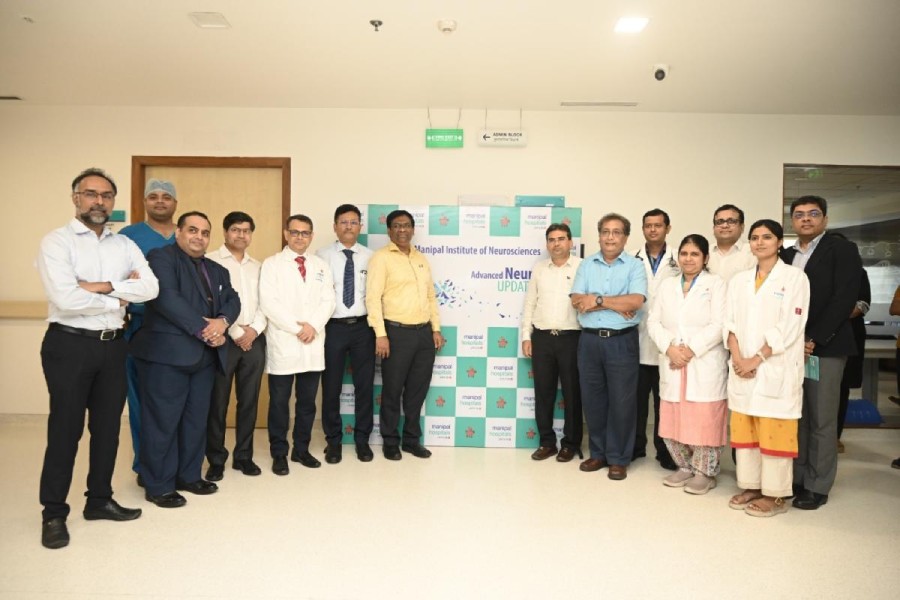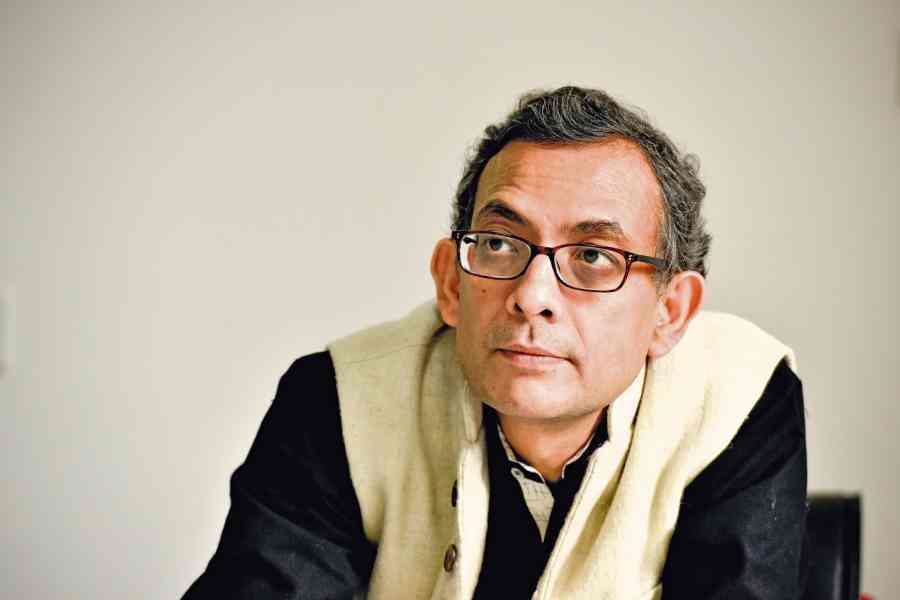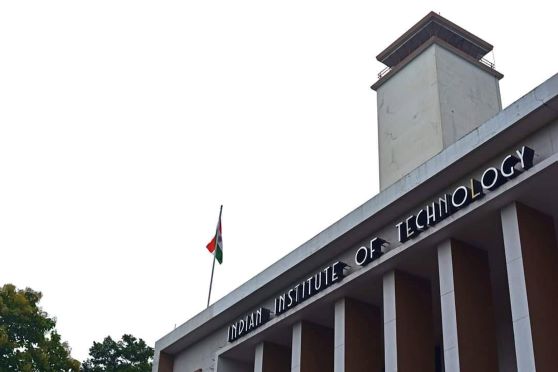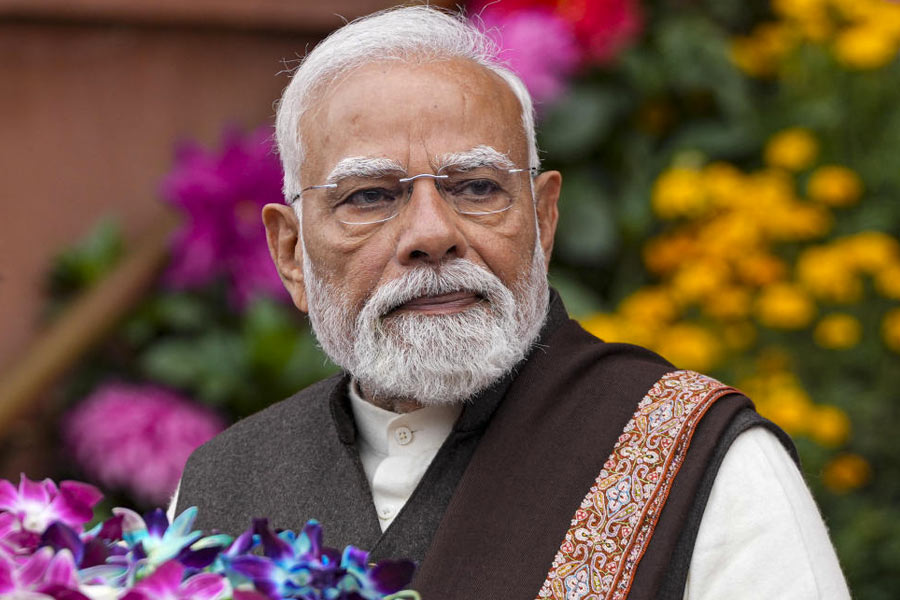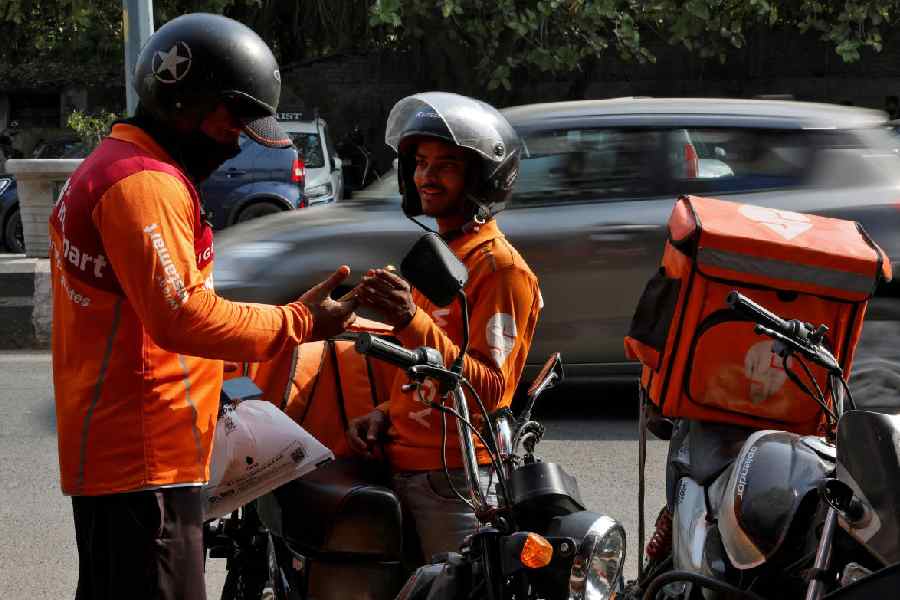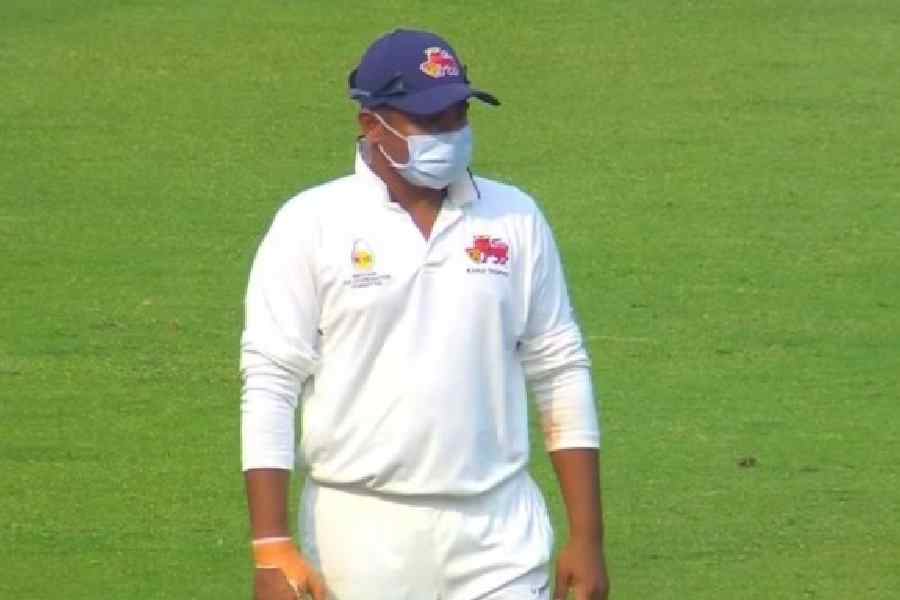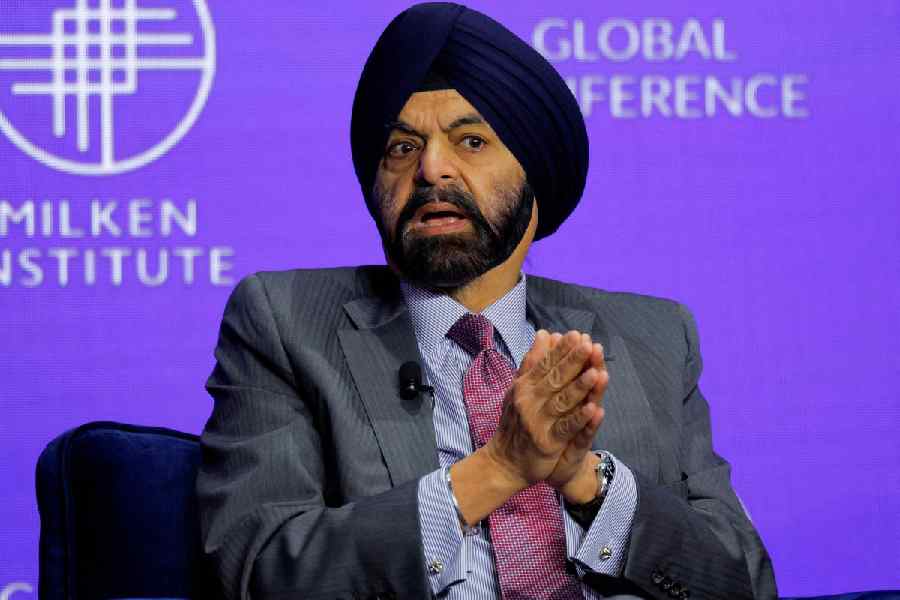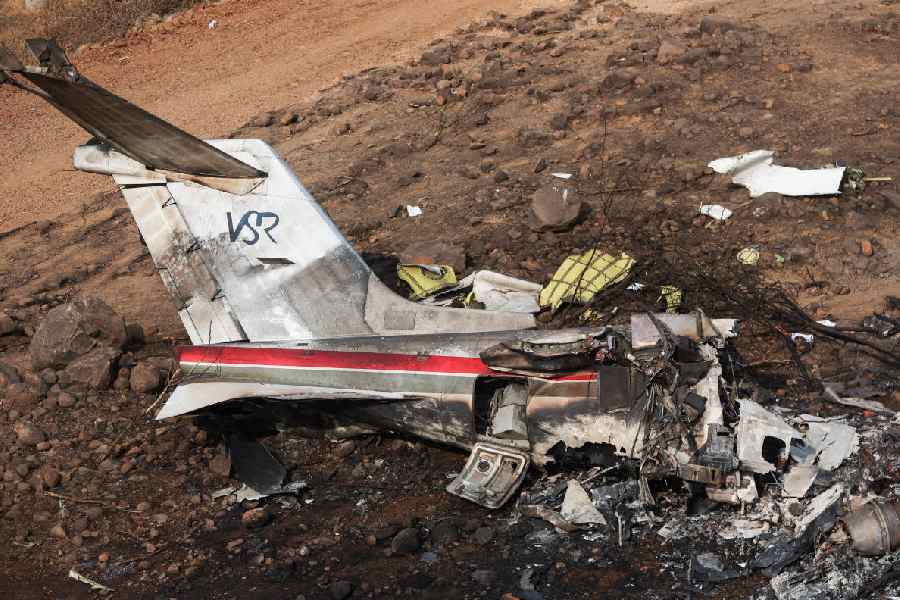Symptoms such as facial drooping, blurred vision, loss of balance, slurred speech, or arm numbness — even if brief and followed by recovery — should not be ignored as they may be warning signs of a stroke, doctors said at the launch of a new neurological care facility last week.
“People should be mindful of facial drooping, problems in vision or any other symptom of stroke, even if it occurs briefly and then they get better. In all likelihood, it is a TIA (transient ischemic attack). There is a possibility of such an attack being a precursor to a stroke. Because people get better, they are often misled into thinking it is not serious,” said Jayanta Roy, director and advisor, regional head (east), neurology, Manipal Hospitals.
“If untreated, there could be a 5 per cent risk of an individual having a stroke within 48 hours of a TIA, and a 10 per cent risk within 90 days,” he said.
Manipal Hospitals introduced their neuro team on June 12. The team brings together neurologists, neurosurgeons, neurointerventionists, neuroradiologists, and neurorehabilitation specialists.
A part of the neuro care initiative is an acute stroke management programme, designed for precision and to enable rapid patient assessment and intervention.
The hospital launched an urgent neurology clinic, operational at Manipal Hospital Mukundapur and Manipal Hospital Broadway from Monday to Saturday. The clinics will start at other Manipal hospitals by the end of June.
The doctors highlighted the importance of reaching a stroke-ready hospital in case of a stroke or to ascertain if there has been one.
“Every hospital is not stroke-ready, so one has to know. A hospital with a 24/7 setup for stroke care, a protocol, a team and facilities for CT and MRI, and neurosurgical backup is stroke-ready. If a stroke patient goes to a hospital that is not stroke-ready, the person will not get the required treatment,” said Roy.
The quicker a patient reaches the hospital, the better the result. “If a patient has had a stroke, every second, 32,000 brain cells get damaged,” he said.
Ayanabh Debgupta, regional chief operating officer, Manipal Hospitals, East, said: “With our new neuro initiative, we aim to bring together all essential services under one roof.”
“We want to work towards developing the same system and processes, and make Calcutta stroke-ready. As a population, we should be stroke-ready. The ambulance network and emergency response play important roles. When an ambulance goes to pick up a patient, they are not just transport vehicles; they have to start treatment in the vehicle,” he said.

